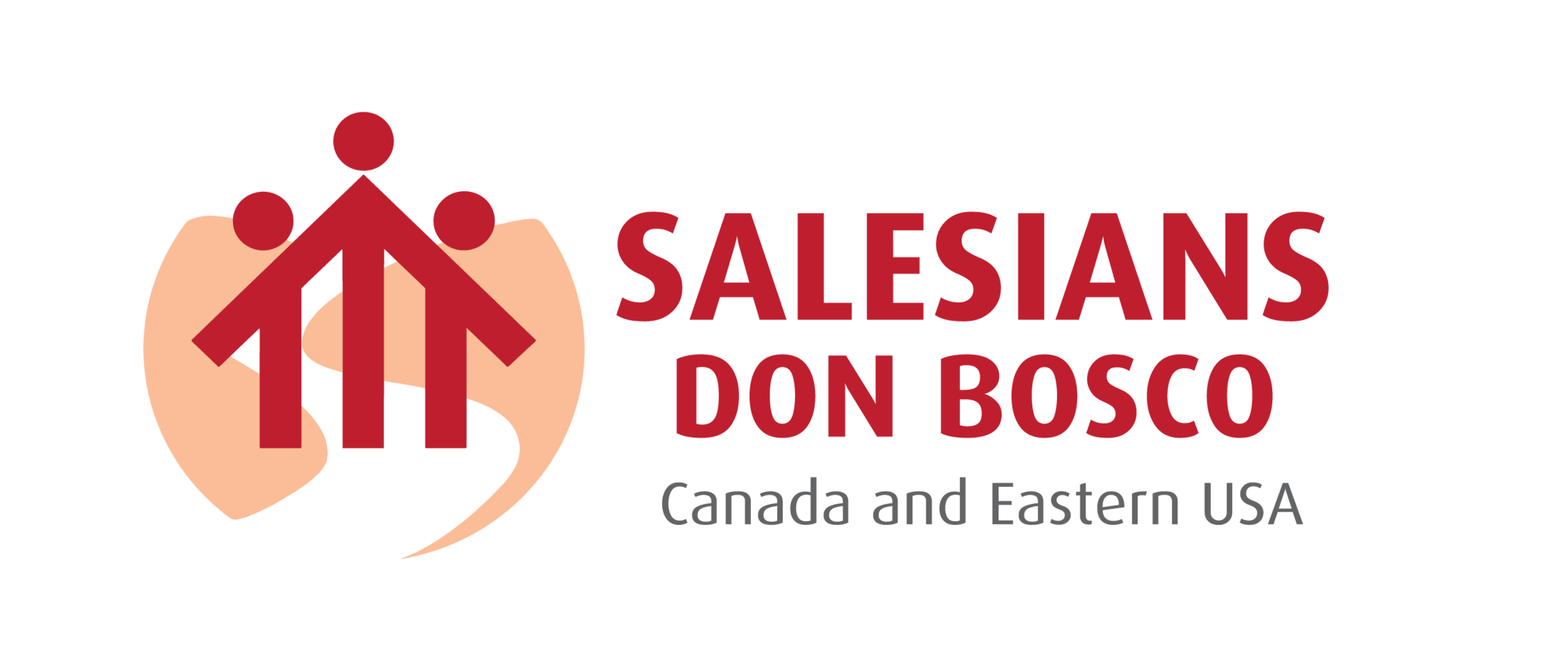
by Fr. Thomas Brennan
During the Commission for Social Development (CSocD56), the Salesians of Don Bosco, in collaboration with the Good Shepherd Sisters, the International Labor Organization (ILO), and UTEC organized a side event: Youth Employment: an essential component in the fight to eradicate poverty. It took place at United Nations Headquarters in New York on January 30, 2018. The event was one of the Salesian contributions addressing the priority theme for the 2018 policy cycle of the Commission: “Strategies for eradicating poverty to achieve sustainable development for all”. In addition to organizing the side event, Fr. Tom Brennan, S.D.B. submitted a written intervention on Youth Employment for the Commission, available at: http://undocs.org/E/CN.5/2018/NGO/40
The interactive panel addressed youth employment as a key factor in achieving the ambitious agenda set forth in the 2030 Agenda with an emphasis on Sustainable Development Goal 8 which addresses decent work for all. Youth employment is explicitly promoted in 8.a: By 2020, develop and operationalize a global strategy for youth employment and implement the Global Jobs Pact of the International Labour Organization.
Amber Barth of the ILO presented a global overview of youth employment noting that the global youth unemployment rate is on the rise after a number of years of improvement. She pointed out that work prospects for many young people still keep them in poverty, and that for young woman finding a quality job is more difficult than for young men.
The other panelists focused the discussion on assisting young people they work with who might otherwise be neglected: the homeless, the addicted, school dropouts, the gang or court involved, those struggling emotionally. The effective programs in the United States were presented as examples of how to respond to the needs of struggling youths in a given context. Participants were encouraged to develop similar programs to respond to the needs of youth in their own country, context and culture.
Research has shown that unjust economic, political and social structures perpetuate a growing disadvantage for youth employment and empowerment causing them to be truly “left behind”. With many years of experience in direct service work with disadvantaged youths, the panelists spoke with conviction, passion and hope that those marginalized and pushed aside would no longer be left behind. Rather, the worth and dignity of all was stressed. The panelists all spoke of the importance of strong partnerships within a community if one was to be successful in integrating young people into the work force. Job availability is not enough. Large numbers of young people are working, but do not earn enough to lift themselves out of poverty. Additionally, young people frequently work involuntarily in informal, part-time or temporary jobs. Youth are now showing a higher incidence of working poverty than adults.
To assist young workers to find their way to long term sustainability, we must take a holistic approach. It has been demonstrated that ongoing mentorship, skills training and counseling services are essential components of successful programs. With these supports in place, young people have been more equipped to develop a sense of purpose and a sense of a future. Cristal Cruz of Good Shepherd Services, noted that this helped her develop social and networking skills that she “Didn’t know I was capable of.”
With social isolation, fractured families and violence becoming more prevalent in communities that are populated by large numbers of people living in poverty, the challenges of preparing young people for the world of work have become more complex. As Gregg Croteau, UTEC, noted disenfranchised youths do not have the “social airbags” that more affluent kids have protecting them if they make a mistake. More economically stable families tend to have more attentive parents, greater family stability, good teachers — and even more friends and acquaintances. “A lot of poor kids don’t have any access to help. …When a kid living in poverty hits a roadblock, is anyone there to help?” Some places have programs like UTEC, Good Shepherd Services and Covenant House, many do not.
The empowering of disenfranchised youths and preparing them to enter the work force presents more challenges than those living in stable homes or in peaceful nations. This calls for persistence on the part of leaders and educators. It demands that we not give up on troubled youths. UTEC’s approach is one that many would find to be difficult to follow. However, they have been successful because they adhere to it tenaciously. As Gregg said, “We are not a second chance program, we are an 8/9 chance program. We anticipate relapse and keep the door open for youth. We want to create a safe place to fail, so that they can bounce back after a defeat.”
Salesian Family participants: Reps from Don Bosco Community Center, Port Chester; Don Bosco Cristo Rey, Washington; SDBs: Fr. Provincial; SDBs from the House of Formation:
POLICY ACTIONS
Moving forward, the speakers stressed the importance of continuing to advocate on behalf of youths at the local, state, regional and global levels. The following actions have been shown to be effective in helping create an empowering environment for the young and for initiating social change leading to sustainability. There needs to be ongoing advocacy, at every level, on these policies.
Promote employment and economic policies that create jobs and social inclusion. We need to make sure that work opportunities for decent work for young people are prioritized as an outcome of policies that promote economic growth.
Increase training and education to enhance youth employability and equip young people with the skills required by the labour market.
Formulate labour market policies that target disadvantaged youth or help mitigate education and labour market failures. There is a need for a combination of unemployment insurance, employment guarantee schemes, labour market information, job search assistance and skills training.
Promote Entrepreneurship among the young. This will require the creation of an enabling environment that will assist the young with support services and enhanced access to finance and training.
Protect the young by ensuring that their labour rights are protected and promoted.
Develop strong partnerships at every level. The Global Initiative on Decent Jobs for Youth can serve as a strong resource in guiding the formation of inclusive partnerships.
Utilize the ILO Declaration on Social Justice for a Fair Globalization to help develop and shape national strategies for youth employment, combat decent work deficits for youth, address poverty and inequality and strengthen the capacities of youth to achieve a more equitable and prosperous future.
Assist those youths with criminal records through expungement. Criminal Records prevent many youths from getting steady employment, higher education, assessing a stable living place and moving past a label that stigmatizes and excludes them. Expungement frees them to build a future.
Confront homelessness, sexual exploitation and the trafficking of youths.
Guarantee strong, universal social protection floors. These are essential in the fight to eradicate poverty.






